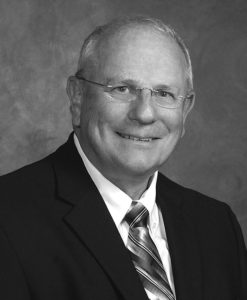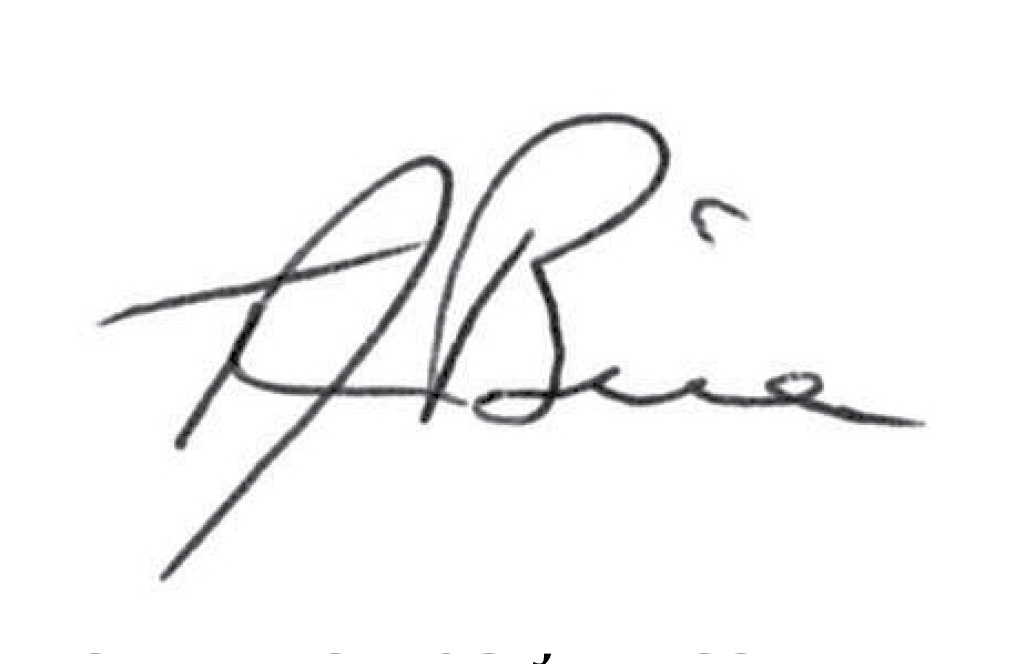This article originally appeared in The Bar Examiner print edition, September 2015 (Vol. 84, No. 3), pp 2–3.
By Hon. Thomas J. Bice
 It all started for me nearly 35 years ago. And what a grand ride it has been—years marked by fulfillment and satisfaction on many levels.
It all started for me nearly 35 years ago. And what a grand ride it has been—years marked by fulfillment and satisfaction on many levels.
I had graduated from Drake University Law School and had taken a job as an associate at a law firm in my hometown of Fort Dodge, Iowa. The practice was exciting and challenging, and I had a great group of colleagues to work with and learn from. I was doing trial work, and the pace was energizing.
Then I received a call from someone at the Clerk’s Office for the Iowa Supreme Court—who by today’s standards would be known as the bar admission administrator, a position whose duties were subsumed under those of the Clerk of the Supreme Court of Iowa at that time—wanting to know if I would be interested in assisting with grading the upcoming Iowa Bar Examination (thus becoming what was referred to by the Court as a “temporary bar examiner”). I perceived this as an opportunity and considered it something of an honor to be asked to assist with such a task, and I gladly accepted the invitation. Thus, my journey as a bar examiner had begun, but little did I know where it would lead.
In the early days of my experience as a bar examiner, the Iowa Bar Examination consisted solely of essay questions. The questions and model answers were the product of attorneys from around the state who had been asked to prepare appropriate material for the bar examination. As one might expect, the quality of the material submitted was wide-ranging and, at times, in my personal opinion, not up to standard. Notwithstanding, the process with the “homegrown” bar examination continued until the Iowa Supreme Court adopted the use of testing products from the National Conference of Bar Examiners. The Multistate Bar Examination and the Multistate Performance Test were the first components to be added to the Iowa Bar Examination in 1997, and the Multistate Essay Examination was later added in 2009 to replace Iowa’s locally written essay questions. Now, beginning in February 2016, my home state of Iowa will join the ranks of jurisdictions using the Uniform Bar Examination.
By the time the various NCBE testing components were added to the Iowa Bar Examination, I had written a number of exam questions over the years, as well as been involved in the grading process, and I embraced the changes to our exam. It was obvious that the products provided by NCBE were far superior to the “homegrown” material we had been producing at the state level. The questions, written by experts in the respective subject-matter fields, were thoroughly reviewed, vetted, and edited at multiple levels, then pretested and screened—a level of preparation that exceeded the abilities of our local resources and one that ensured a higher level of fairness for examinees.
In the mid-1990s, I was elevated by the Court to “temporary-permanent bar examiner,” which added to my responsibilities as grader the writing of one essay question. After serving in that capacity for several years, I was fortunate to be invited to join the Iowa Board of Law Examiners as a full-time member in 1999. In 2004, I became chair of the Board and served in that capacity until the end of my term in 2008. During my time with the Iowa Board of Law Examiners, I attended the annual conferences and workshops sponsored by NCBE. It was through this exposure that I met many outstanding members of courts from other jurisdictions, as well as other bar examiners and bar administrators. It was through this same exposure that I was able to witness firsthand the professionalism and thoroughness exhibited by NCBE in the preparation and presentation of its testing components.
Just as my tenure on the Iowa Board was ending in the summer of 2008, I was invited to join NCBE’s Board of Trustees. I was humbled by this invitation, yet excited and invigorated by the opportunity. Now, seven years and countless committee meetings and conference calls later, here I am stepping in as chair. I remain humbled and know that the challenges ahead are significant. But it is with the spirit of commitment and professionalism that I embrace this opportunity and look forward with a positive outlook to the upcoming year.
I want to thank Bryan Williams for his service as NCBE chair during this past year. Bryan has served tirelessly and with focus on our mission as bar examiners. I also want to thank Peg Corneille, who is leaving the Board as immediate past chair. Peg, as director of the Minnesota State Board of Law Examiners, remains much involved in the bar examination community, and her efforts and dedication to the process are noted at the highest levels. Also deserving of high recognition is NCBE president Erica Moeser, for her leadership and vision. Finally, I would like to acknowledge the entire staff at NCBE, who all keep the wheels turning, with a grand and heartfelt thank-you.
Best regards to all.
Sincerely,

Hon. Thomas J. Bice
Contact us to request a pdf file of the original article as it appeared in the print edition.







